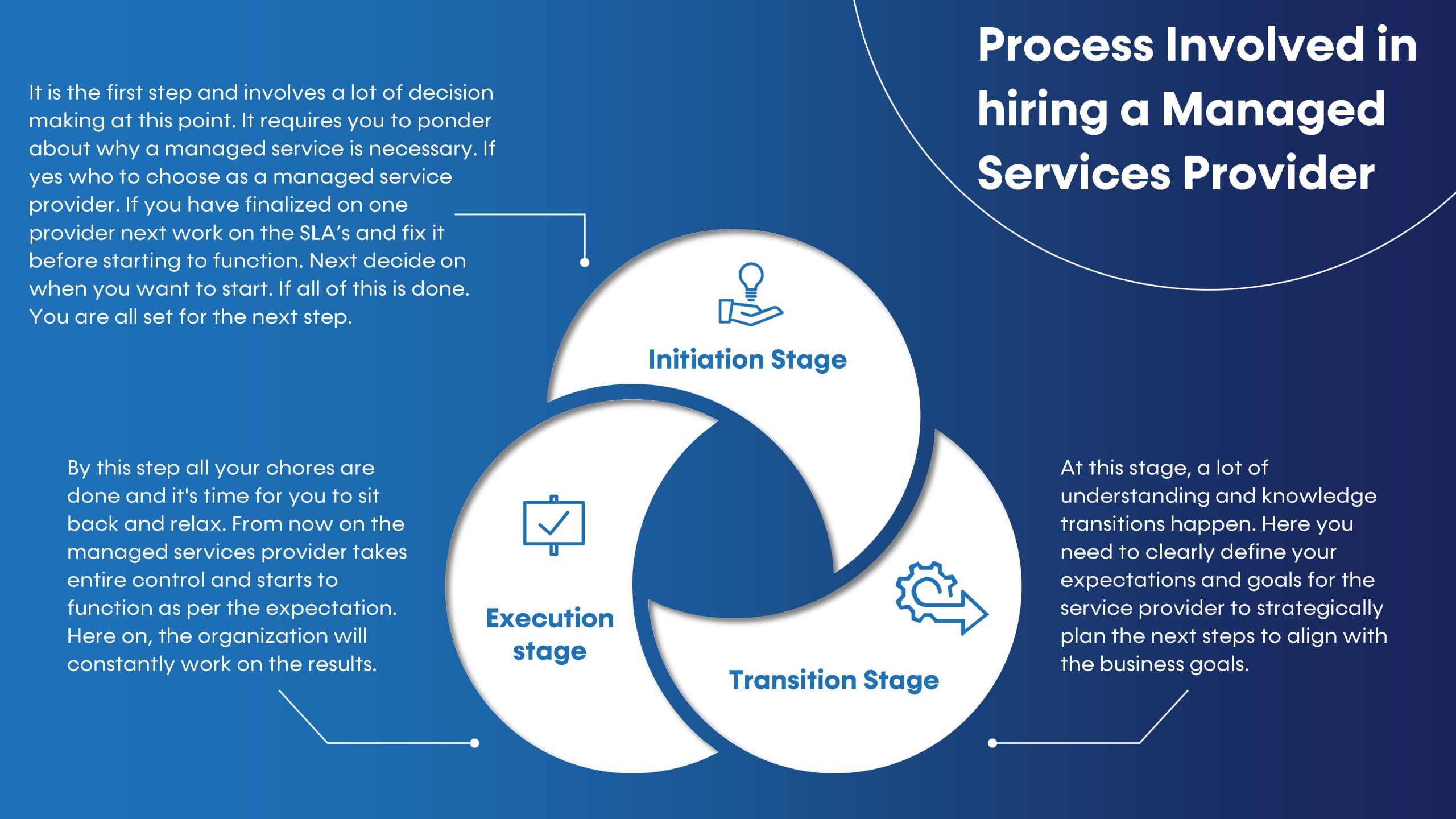In today’s dynamic business environment‚ organizations face constant pressure to optimize their operations and stay competitive. One increasingly popular strategy for achieving these goals is leveraging managed services. But what exactly are managed services‚ and how can they benefit your organization? This article delves into the definition‚ functions‚ advantages‚ and other key aspects of managed services‚ providing a comprehensive overview to help you make informed decisions. Explore how outsourcing specific tasks can streamline processes and boost overall efficiency. Let’s explore the intricacies of managed service offerings.
Defining Managed Services: Core Concepts and Evolution
Managed services involve outsourcing specific functions or processes to a third-party provider. These providers assume responsibility for the ongoing maintenance‚ management‚ and support of the agreed-upon services. This allows businesses to focus on their core competencies while entrusting specialized tasks to experts. Managed services have evolved significantly from simple IT support to encompass a wide range of functions‚ including cybersecurity‚ cloud computing‚ and business process optimization.
Key Characteristics of Managed Services
- Proactive Monitoring: Managed service providers (MSPs) constantly monitor systems and infrastructure to identify and address potential issues before they cause disruptions.
- Service Level Agreements (SLAs): Agreements that define the scope of services‚ performance metrics‚ and responsibilities of both the provider and the client.
- Remote Management: Many managed services are delivered remotely‚ leveraging technology to provide efficient and cost-effective support.
- Predictable Costs: Managed services typically operate on a subscription-based model‚ providing businesses with predictable monthly or annual costs.
Functions and Scope of Managed Services
The functions of managed services are diverse and can be tailored to meet the specific needs of an organization. Common examples include:
- IT Infrastructure Management: This includes managing servers‚ networks‚ desktops‚ and other IT assets.
- Cybersecurity: Protecting systems and data from cyber threats through services like threat detection‚ vulnerability assessments‚ and incident response.
- Cloud Computing Management: Managing cloud infrastructure‚ applications‚ and services.
- Help Desk Support: Providing technical support to end-users.
- Data Backup and Recovery: Ensuring data is backed up and can be recovered in the event of a disaster.
Advantages of Implementing Managed Services: A Business Case
Adopting managed services offers numerous advantages for businesses of all sizes. Let’s explore some key benefits:
| Advantage | Description |
|---|---|
| Cost Savings | Reduces operational costs by eliminating the need to hire and train in-house staff‚ invest in expensive infrastructure‚ and manage ongoing maintenance. |
| Improved Efficiency | Frees up internal resources to focus on core business activities‚ leading to increased productivity and innovation. |
| Enhanced Security | Provides access to specialized cybersecurity expertise and advanced security technologies‚ reducing the risk of data breaches and cyberattacks. |
| Scalability and Flexibility | Allows businesses to easily scale their IT resources up or down as needed‚ without having to invest in additional infrastructure or personnel. |
| Access to Expertise | Provides access to a team of experienced professionals with specialized skills and knowledge. |
FAQ: Frequently Asked Questions About Managed Services
What types of businesses benefit most from managed services?
Businesses of all sizes and across various industries can benefit from managed services. Small businesses often lack the resources to maintain an in-house IT team‚ while larger enterprises may need assistance with specialized functions like cybersecurity or cloud management.
How do I choose the right managed service provider?
Consider factors such as the provider’s experience‚ expertise‚ service offerings‚ pricing‚ and reputation. Read reviews‚ ask for references‚ and ensure they understand your specific business needs.
What is the typical pricing model for managed services?
Managed services typically operate on a subscription-based model‚ with fixed monthly or annual fees. Some providers may also offer usage-based pricing or tiered pricing plans.
How secure are managed services?
Reputable managed service providers prioritize security and implement robust security measures to protect client data and systems. Look for providers with industry certifications and a strong track record of security.
What happens if I’m not satisfied with the managed services I receive?
Service Level Agreements (SLAs) should outline the process for addressing service issues and resolving disputes. Review the SLA carefully before signing a contract and ensure it includes clear performance metrics and escalation procedures.
Managed services provide a compelling solution for businesses seeking to optimize their operations‚ reduce costs‚ and enhance their security posture. By outsourcing specific functions to specialized providers‚ organizations can free up internal resources to focus on their core competencies and drive innovation. The flexibility and scalability of managed services make them an ideal choice for businesses of all sizes. Selecting the right MSP is crucial‚ so thoroughly research potential providers. In conclusion‚ managed services are more than just outsourcing; they are a strategic partnership designed to propel businesses towards efficiency and growth.

